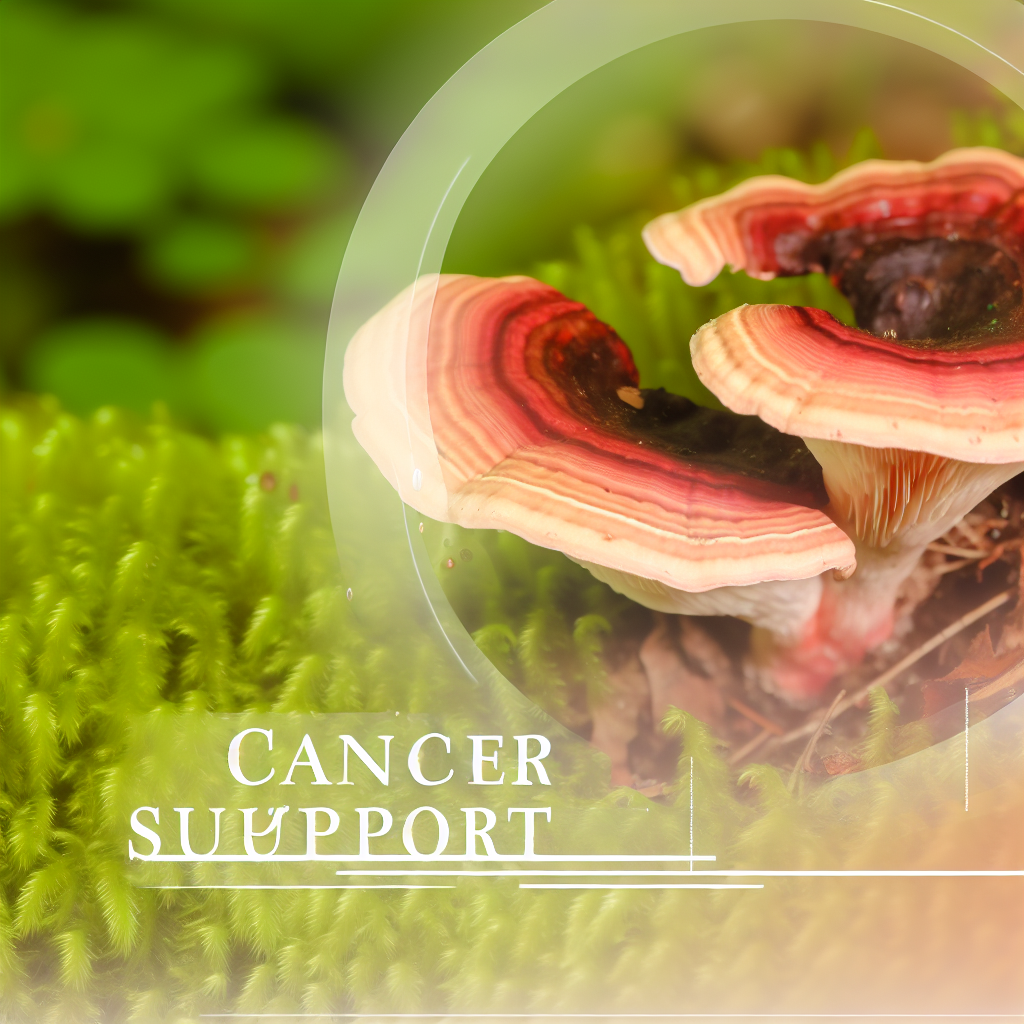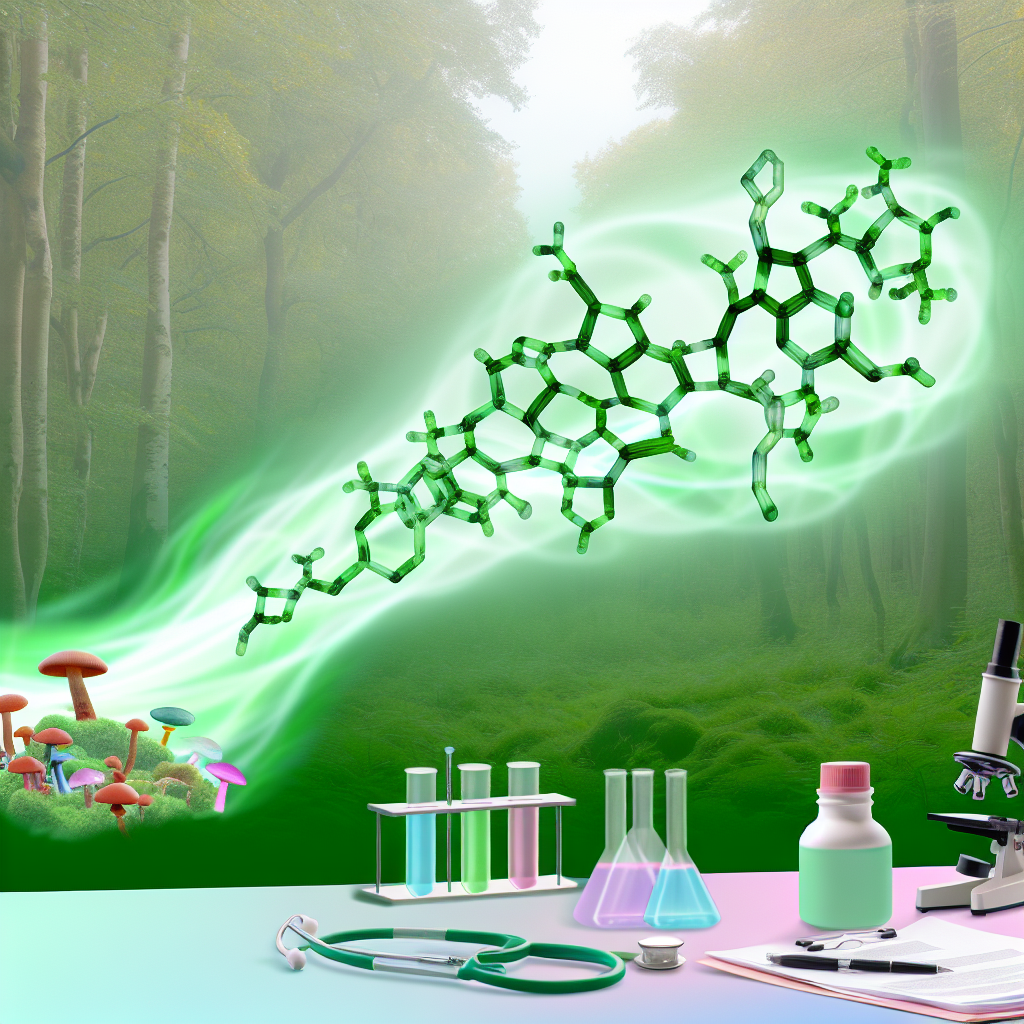Turkey Tail Mushroom and Cancer Support: What Research Shows
As the field of integrative medicine continues to grow, patients and healthcare professionals alike are turning to nature’s pharmacopoeia for support in chronic illness. One such therapeutic powerhouse gaining increased attention is the Turkey Tail mushroom (Trametes versicolor), a colorful, fan-shaped fungus found on decaying logs around the world. Revered in traditional Chinese medicine for centuries, Turkey Tail is now attracting scientific interest for its potential role in cancer support and immune system modulation.
Compelling Clinical Evidence: What the Research Says About Turkey Tail Mushroom and Cancer
A wealth of research, particularly in the last two decades, has spotlighted Turkey Tail mushroom as a valuable adjunct in cancer therapy. Leading this frontier is the compound polysaccharide-K (PSK), also known as Krestin, which has been widely studied in Japan and approved by its Ministry of Health as an adjuvant cancer treatment.
One of the most notable studies comes from a 2012 clinical trial conducted by researchers at the University of Minnesota and Bastyr University. This Phase I study assessed the safety and immune-modulating effects of Turkey Tail mushroom supplementation in women with breast cancer following radiation therapy. Results suggested that daily doses of up to 9 grams of Trametes versicolor extract were well-tolerated and associated with a measurable increase in natural killer (NK) cells and CD8+ T-cells—critical components of a healthy immune response ([NCBI](https://www.ncbi.nlm.nih.gov/pmc/articles/PMC3842076/)).
Additionally, a large body of work from Japanese cancer research centers has examined PSK in gastric and colorectal cancers. Multiple randomized controlled trials have shown that PSK, when used in combination with chemotherapy, can significantly prolong survival in patients with resected gastric and colorectal cancers. One metastudy published in the International Journal of Clinical Oncology found that PSK improved 5-year survival rates significantly, supporting its use in standard treatment protocols ([IJCO](https://pubmed.ncbi.nlm.nih.gov/18253734/)).
Turkey Tail in the Lab: Anti-Cancer and Immune-Boosting Mechanics
In vitro studies also lend credibility to the anti-tumor properties of Turkey Tail extracts. Research in the lab shows that PSK and PSP can inhibit cancer cell proliferation, induce apoptosis (programmed cell death), and impede angiogenesis (formation of new blood vessels that tumors need to grow).
Furthermore, PSP, a related compound studied mostly in China, has shown potent antiviral and anticancer activities and is believed to work by modulating dendritic cell function and cytokine expression, enhancing the body’s ability to fight malignancy ([NIH Review on PSP](https://pubmed.ncbi.nlm.nih.gov/20574460/)).
Another noteworthy publication appears in the journal *Global Advances in Health and Medicine*, which discusses the use of Turkey Tail extract not only in cancer but also in chronic infections and overall immune resilience. Such findings support its broader utility as an immune-enhancer appropriate for cancer patients whose immune function is compromised due to ongoing treatments ([Global Advances](https://www.ncbi.nlm.nih.gov/pmc/articles/PMC5871211/)).
Integrative Oncology: How to Use Turkey Tail Safely and Effectively
It’s crucial to emphasize that while Turkey Tail exhibits promising auxiliary benefits, it is not a standalone cancer treatment. Its most effective use appears to be as an adjunct therapy—enhancing conventional treatment outcomes, not replacing them.
Studies also suggest that consistent use over weeks and months—under professional supervision—may yield the most benefit. Patients should always consult their oncology team before beginning any new supplement, especially when taking chemotherapy, radiation, immunotherapy, or other medications that might interact with herbal agents.
Whether in capsule, powder, or tincture form, quality and standardization matter. Look for products that are third-party tested and made from whole fruiting bodies to ensure maximal potency.
Conclusion: A Natural Ally in the Journey of Cancer Recovery
The Turkey Tail mushroom stands as a shining example of ancient wisdom meeting modern science. With increasingly validated immune-support capabilities and peer-reviewed roles as an adjunct in oncology, it offers a hopeful addition to comprehensive cancer care.
As always, patients interested in incorporating Turkey Tail supplements into their regimen should consult their healthcare providers to ensure compatibility with conventional treatment plans. The bridge between natural remedies and mainstream medicine continues to strengthen, and Turkey Tail is leading the way in immune-based cancer support.
Concise Summary:
The Turkey Tail mushroom is gaining attention for its potential role in supporting the immune system and as an adjunct therapy for cancer patients. Research shows the mushroom’s compounds, like polysaccharide-K (PSK), can enhance immune function, slow tumor growth, and potentially improve outcomes when used alongside conventional cancer treatments. While not a standalone cure, Turkey Tail may offer a natural ally for those seeking to optimize their healing journey.

Dominic E. is a passionate filmmaker navigating the exciting intersection of art and science. By day, he delves into the complexities of the human body as a full-time medical writer, meticulously translating intricate medical concepts into accessible and engaging narratives. By night, he explores the boundless realm of cinematic storytelling, crafting narratives that evoke emotion and challenge perspectives. Film Student and Full-time Medical Writer for ContentVendor.com



